News
New ERC Consolidator grant at our faculty!Vladimír Hampl and his team at Department of parasitology and BIOCEV gets ERC Consolidator grant! The five-year project "Life without mitochondrion" will examine two potentially amitochondriate lineages by means of genomics and transcriptomics, conduct experiments simulating the moments of mitochondrial loss and try to induce the mitochondrial loss in vitro by knocking out or down genes for mitochondrial biogenesis. Published Nov 30, 2017 |
|
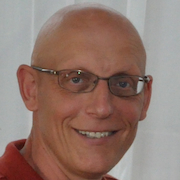
|
Dependent Growth: Foreign Investment and the Development of the Automotive Industry in East-Central Europe by prof. Petr PavlínekThis book offers a critical analysis of recent developments in the automotive industry of East-Central Europe (ECE). Economists, industry specialists and national governments have considered the rapid development of the automotive industry in ECE in the past twenty years an unqualified success. The book was published by publishing house Springer. Published Nov 22, 2017 |
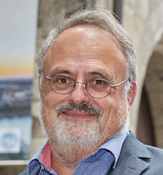
|
Quo Vadis Chemie: Synthesis of Natural Products and Designed Non-natural Bioactive MoleculesOn 27.11. at 15:00 the Lecture Hall CH2, the School of Chemistry Building, FoS CU, Hlavova 8, Praha 2 Published Nov 21, 2017 |
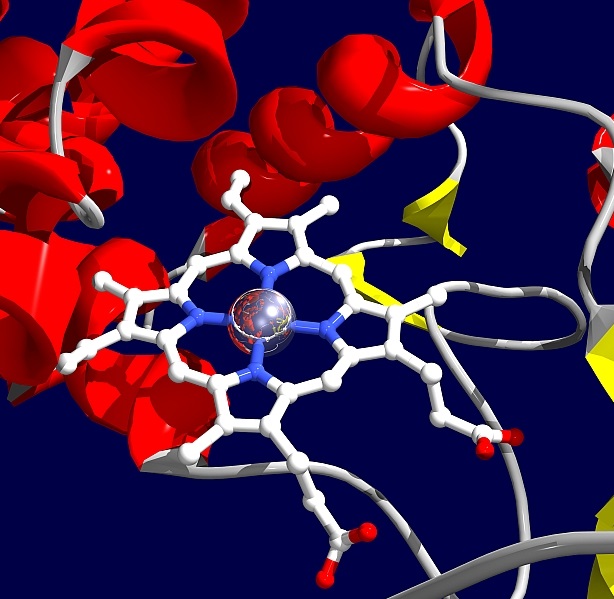
|
Research highlight: coordination and redox state-dependent structural changes of the heme-based oxygen sensor AfGcHK associated with intraprotein signal transductionPublished Nov 10, 2017 |
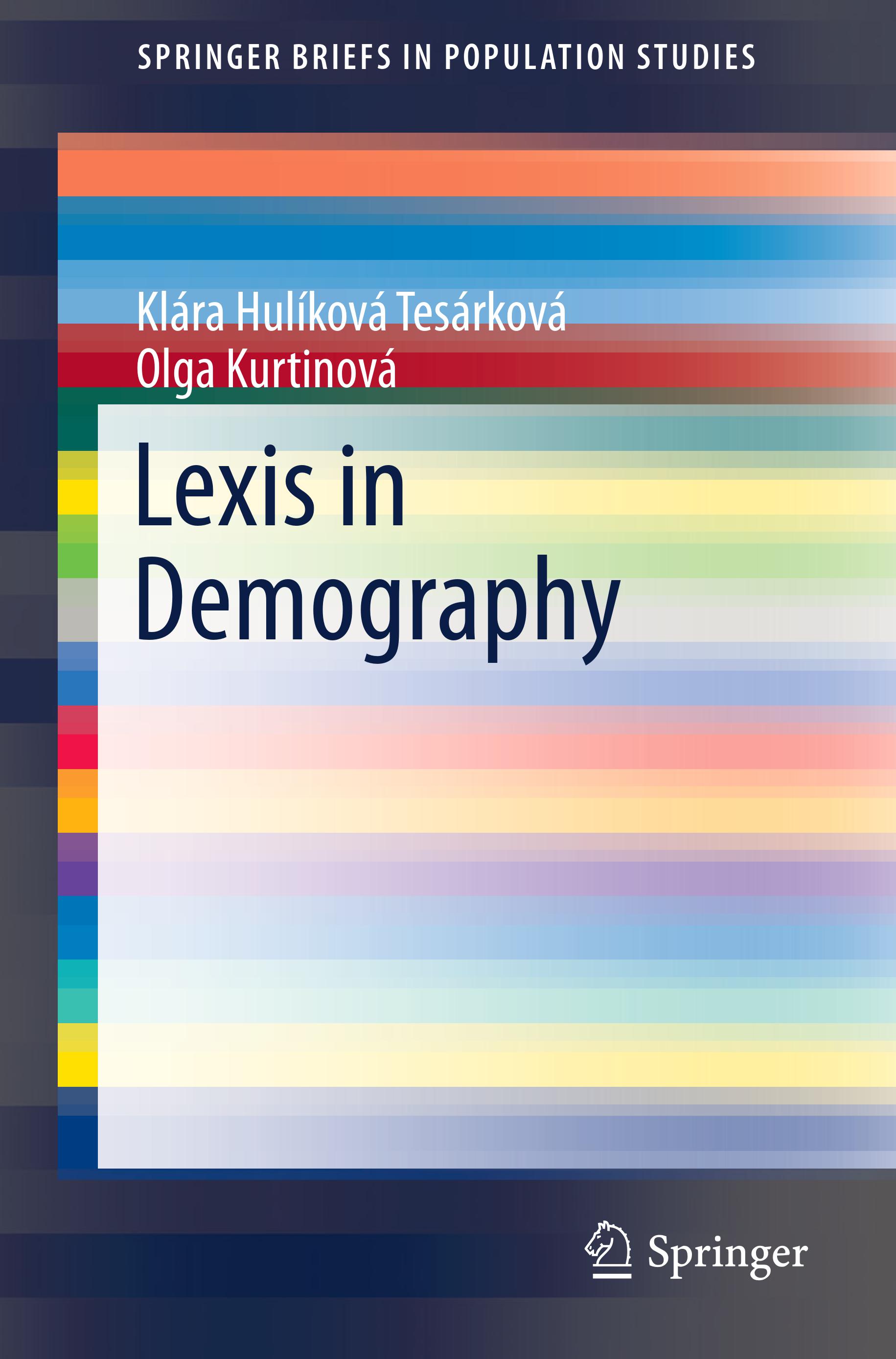
|
Hot new book Lexis in DemographyRecently published book by two members of the Department of Demography and Geodemography, Klara Hulikova and Olga Kurtinova, offers a rather less traditional point of view on research in the field of population issues. Published Nov 06, 2017 |
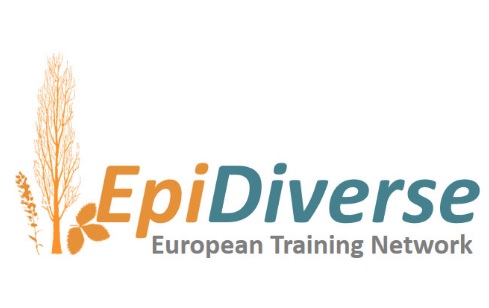
|
Do not look past! The Epidiverse project is hiring: 15 vacancies for a PhD position at the partner institutes all over Europe.The EpiDiverse consortium will train 15 Early Stage Researchers to become expert eco-epigeneticists, equipping them with the interdisciplinary skills - molecular, (epi)genomic, ecological and bioinformatics - to successfully tackle this new research area. EpiDiverse training will emphasize empirical and informatics skills to become fluent and creative in extracting knowledge from big ‘omics data in natural contexts. Published Oct 16, 2017 |
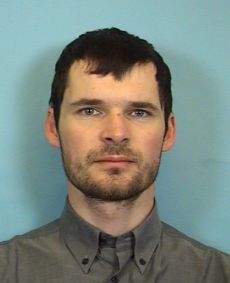
|
Modeling polyelectrolyte hydrogelsUsing polyelectrolyte hydrogels for water desalination has been proposed as a cheap alternative to commonly used, costly hi-tech solutions. The properties of these materials have been modeled by the team of Dr. Peter Košovan at the department of Physical and Macromolecular Chemistry. Published Sep 21, 2017 |

|
Quo Vadis Chemie: Development of New p-Conjugated Systems for Single-molecule and Organic Thin-film Electronic DevicesWill be delivered by Prof. Yutaka IE The Institute of Scientific and Industrial Research Osaka University, Japan on 25.09. at 15:00 the Lecture Hall CH2, the School of Chemistry Building, FoS CU, Hlavova 8, Praha 2. Published Sep 14, 2017 |
|
|
Distinguished graduate visits our facultyMinister of Agriculture and the Environment of the Republic of Cabo Verde Gilberto Silva pleasantly surprises every Czech he meets with his flawless Czech. Not only can you converse with him about politics, but also microbiology or landscape ecology. That’s because Gilberto Silva is a graduate of biological studies at our faculty. During a rare visit to the faculty on May 26th we recorded the following interview. Published Jun 12, 2017 |

|
The results of projects supported by the Czech-Norwegian Research Programme were presented at our facultyThe Czech-Norwegian Research Programme supported three research projects at the CU Faculty of Science - two in the priority area of the environment, and one in the area of health. The results of the international cooperation were presented during the final conference held on 25 April 2017. Published May 04, 2017 |
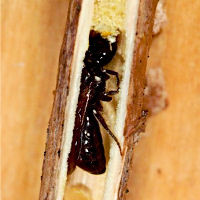
|
Popular Science: Even bees guard their nests. Or don’t they?The first association with the word “bee” is usually a swarm of bees in a hive. We won’t talk about these bees – such as honeybees – here today. Bees of the genus Ceratina guard their nests as well. They are commonly known as carpenter bees, since they build their nests in dead stems or sticks with pith. They are solitary, but just as good pollinators as honeybees, even though they are much smaller – only up to eight millimeters. Compared to honeybees, they are also dark without stripes on the abdomen. And it is these carpenter bees that became an interest of entomologists from our Faculty of Science. Published May 03, 2017 |
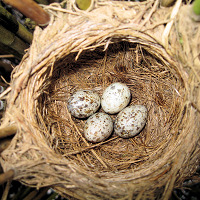
|
Popular Science: Cuckoos’ Russian RouletteCuckoos are known to be notorious brood parasites. The moment the host parent leaves their nest, there comes the cuckoo. Not only does the cuckoo lay her own eggs into the host nest, but she also pushes usually one of the original eggs out. How does the cuckoo choose which egg to remove to improve her offspring’s chances of survival? Published May 03, 2017 |
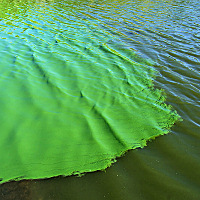
|
Popular Science: Ubiquitous cyanobacteria and how to treat themOne of the limiting factors of society development is the availability and quality of water. Due to climate change and continual pollution of water resources, it is necessary to intensify efforts to ensure a stable supply of drinking water. A number of processes and technologies used recently are now insufficient, and to ensure high-quality drinking water, it is required to find new methods. For this reason, scientists from the Institute for Environmental Studies are working to improve the methods of water treatment, this time in connection with the increasing occurrence of cyanobacteria and the amount of organic matter produced by them. Published May 03, 2017 |
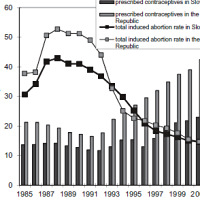
|
Popular Science: The relationship between abortion and contraception in Czechia and SlovakiaIs there a similar trend in abortions over time in Czechia and Slovakia? How is it influenced by using modern contraceptive methods? How do these states differ in the society’s attitude to abortion? Jiřina Kocourková from the Department of Demography and Geodemography of the Faculty of Science Charles University focused on these and more topics in her article. Published May 03, 2017 |
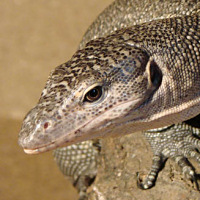
|
Popular Science: The bigger lizard attacksMeeting of two monitor lizards might be quite an aggressive business when they want to settle which one is the boss. The conflict is not only dangerous, but also energetically demanding. It would be advantageous to be able to evaluate one’s chances beforehand. In the first ritual phase of monitor lizards’ conflict males, show off to one another. Can they estimate their chances based on their rivals’ size, and choose the right strategy accordingly? Published May 03, 2017 |
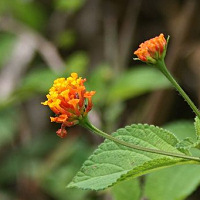
|
Popular Science: Through categorisation to victory over invasive plantsOut of all alien organisms in Europe, plants are the most numerous taxonomic group. They can negatively influence both the original European flora and the people. Categorising invasive species according to their impact on the environment is vital for the successful management of biological invasions. That is what Zuzana Rumlerová and Petr Pyšek from our Department of Ecology decided to do together with colleagues from other workplaces. They chose 128 invasive plant species in Europe and evaluated their environmental and socioeconomic impacts. Published May 03, 2017 |
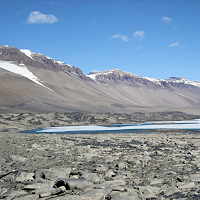
|
Popular Science: The microscopic inhabitants of Antarctic watersAntarctica is, no doubt, the wildest and least explored continent on Earth. In the challenging conditions typical for Antarctic land, few organisms can survive. Although there has been a continuously inhabited station at the South Pole for more than 60 years, not many can say that they visited Antarctica. There are a few from our Faculty of Science, though, and one of them is T. J. Kohler of the Department of Ecology. In his case it was the McMurdo Dry Valley and Ross Island in eastern part of Antarctica (situated approximately across from New Zealand). Published May 03, 2017 |

|
Popular Science: Prague banks in foreign handsThe geographical distribution and behaviour of banks have recently become targets of more and more research. Who and where rules the economic power mirrors wider consequences and regional development as well. The majority of studies have concerned the most important bank centres so far. Jiří Blažek and Ilona Bečicová from the Department of Social Geography and Regional Development have analysed the development of Prague’s bank cluster and emphasized the (dis)advantages related to the takeover of the majority of Czech banks by multinational groups. Published May 03, 2017 |
|
|
Popular Science: The phenomenon of farmers’ shops in CzechiaWhat are the reasons of the recent expansion of farmers’ shops in the Czech Republic? Are all the goods sold there from Czechia? What are the problems faced by the owners of the shops? We can read about these and other topics in the article written by Marie Syrovátková from the Department of Social Geography and Regional Development from the Faculty of Science of the Charles University. Published May 02, 2017 |

|
Quo Vadis Chemie - Dr. Radim Hrdina: C-H Functionalization Adamantane DerivativesTwo main approaches to 1,2-disubstituted adamantane derivatives from readily available starting materials (alcohols, carboxylic acids, amines) will be presented: A rhodium acetate catalyzed intramolecular nitrene insertion reaction of sulfonamides and carbamates; and palladium acetate catalyzed arylation/ acetoxylation of C−H bonds. Mechanistic studies of these transformations, postfunctionalizations and application of obtained derivatives will be discussed in detail. The lecture takes place at Ch-2 Lecture Hall on Monday 3rd, 3 pm. Published Mar 22, 2017 |